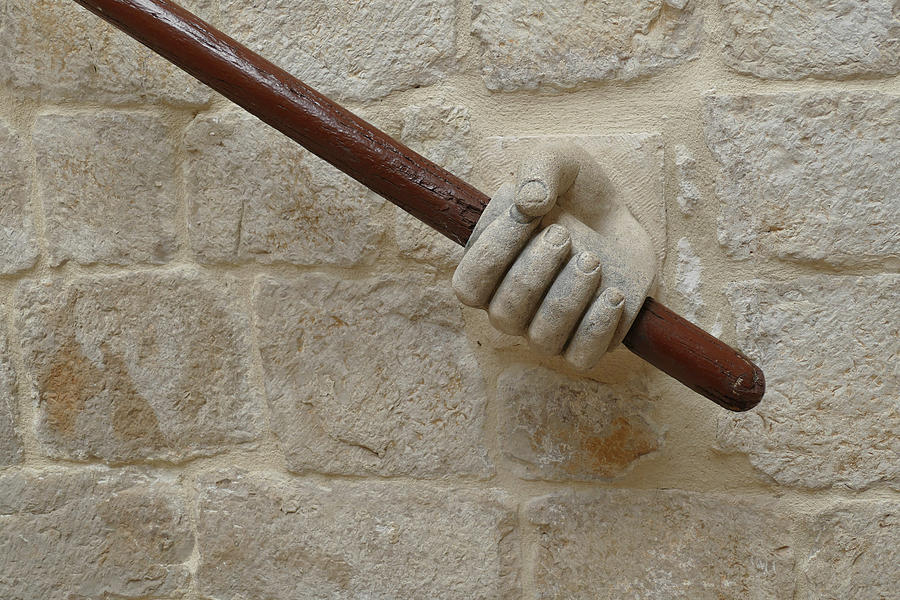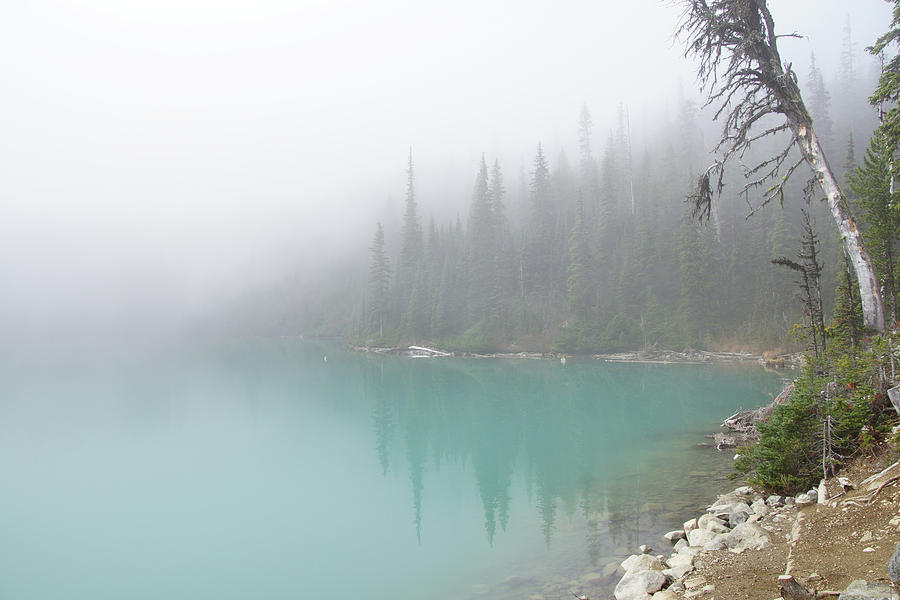
The King Hereafter is Dorothy Dunnett ‘s unique retelling of the Macbeth story — actually, most resemblance to Shakespeare’s ‘Scottish Play’ is purely incidental. Like the revisioning of the Arthur tales by Bernard Cornwell, Mary Stewart and many others, the barebones of what we think we know of the story become mere background whispers.
For example, in Dunnett’s version, the death of Duncan is a minor tremor in the plot. Instead, we’re dropped into the tightly wound world of medieval politics, trade, and family feuding so familiar from Dunnett’s historical series of Nicollo and Lymond books.
Once again, her hero is an underestimated young man, bright and adept in both trade and politics. This time the setting is the northern portion of Great Britain, the Orkneys and Scandinavia at the height of the Viking successor empires. They squabble to control Denmark and England culminating, after this narrative, in 1066 and all that.
Tight, intricate plotting is her trademark, and once more, allegiances and kingdoms bloom, thrive and then are shattered in the course of a paragraph. And there are the expected set pieces – races along the oars of speeding Viking longships, and ice skate races in the wintry Orkneys. The only downside is that this is a standalone tale, with no sequels. Never light reading, Dunnett is at the top of my list of historical novelists.
Among other ideas she incorporates are the concepts of the pre-capitalist, pre-mercantilist kingdoms (in Philip Bobbitt’s terms described in The Shield of Achilles these were Princely states rather than Kingly states) where the ‘monarch’ might actually hold little land.
His power relied on holding together an amalgam of territories that had no natural borders. Instead, ties of tribal nature still held, while the mechanism was held together by new economic concepts like cash money:
Nowadays, money was something all men had need of. The church required it, to pay armies to push the Saracens back in the Mediterranean; to fight off the heathenish tribes of the Baltic; to establish churches and send her missions abroad. Kings required it, to bribe their enemies and to pay their friends for services rendered where land was wanting or inappropriate; to hire fleets with, and foreign fighting-men; to buy the luxuries that their status demanded
And since not every country could make money or, having made it, could protect the place where it was kept, a trade in money was always there: money that did not go rotten or stink or require great ships to carry it backwards and forwards, or fail altogether if the weather was bad or some tribe of ignorant savages wiped out the seed and the growers. Money which grew of its own accord: in Exeter, in Alston, in the Hertz mountains where the Emperor Henry had made his new palace.
